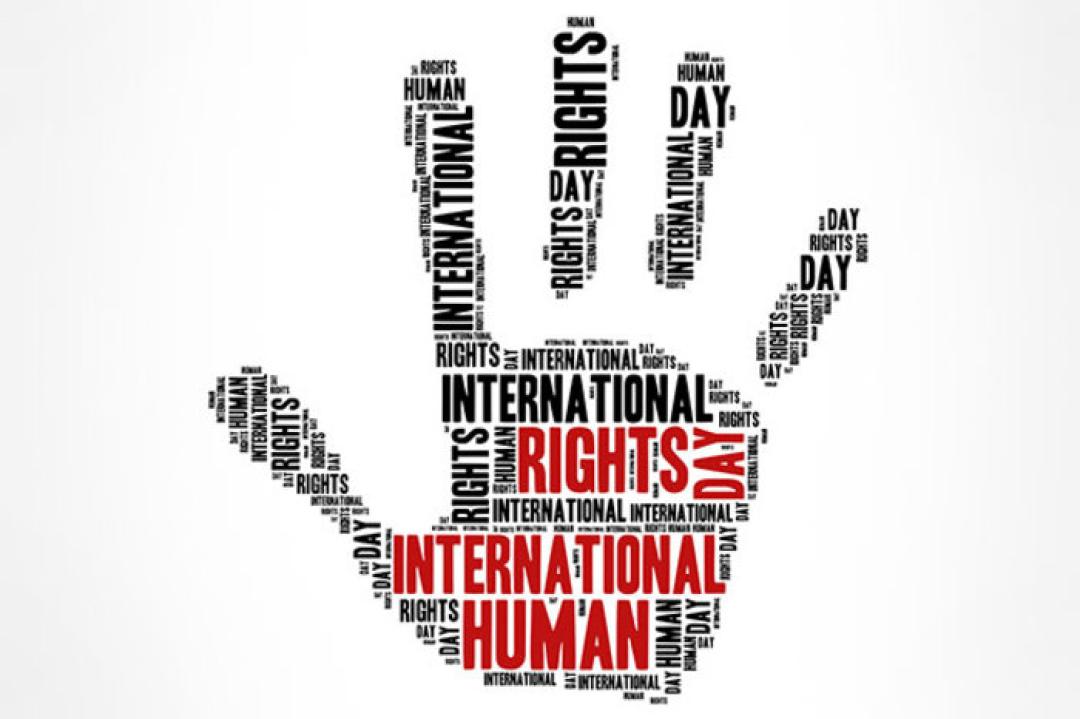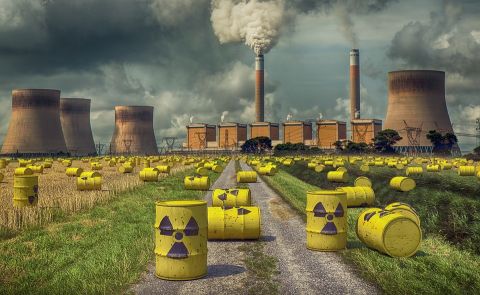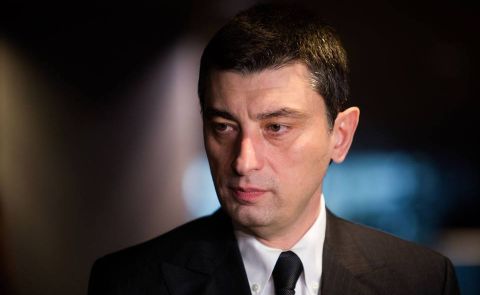
Armenia, Azerbaijan, and Georgia in Amnesty International 2021 report

Amnesty International announced a new annual report for 2021 which investigated social and political developments in the South Caucasus countries.
Armenia
“No progress was made in investigating war crimes and other violations of international humanitarian law during the 2020 conflict and its immediate aftermath, or in bringing those suspected of individual criminal responsibility to justice,” statement stated.
"Peaceful protests and demonstrations were largely permitted throughout the year. By January, the government had rescinded most public health and emergency law-related restrictions imposed due to security concerns and the Covid-19 pandemic, including restrictions on public gatherings," Amnesty International underlined.
Company also said that “the authorities continued the prosecution on trumped-up charges of human rights defender Sashik Sultanian in retaliation for his criticism of the treatment of the Yazidi ethnic minority in Armenia. The Prosecutor General’s Office and state investigative bodies failed to effectively investigate attacks and threats against NGOs and media outlets, including looting of the offices of Radio Free Europe/Radio Liberty and Open Society Foundations, in the aftermath of the conflict in 2020.”
On woman rights report stated that "women continued to be affected by higher levels of domestic violence during the Covid-19 pandemic while access to services and protection remained inadequate. The pandemic also exacerbated the heavy burden of unpaid care work which continued to fall mainly on women and girls."
Azerbaijan
"In November, the UN Committee on Economic, Social and Cultural Rights (CESCR) noted “reports of economic, social, and cultural rights violations, in the context of armed hostilities involving [Azerbaijan’s] military forces” in 2020 in and around Nagorno-Karabakh. These included the destruction of residential, educational, cultural, and religious buildings. The Committee called on Azerbaijan to effectively investigate all violations reported in the context of military hostilities and provide access to remedies for victims," Amnesty stated.
Amnesty International flagged that "peaceful protests over both political and social issues continued to be broken up by police using unnecessary and excessive force, while peaceful protesters faced arbitrary administrative and criminal charges. On 8 March in the capital, Baku, police detained 20 women activists attempting to hold a peaceful march to mark International Women’s Day. They were taken to the police station and forced to sign ‘explanatory statements’ before being released."
"In March, 625 prisoners, including 38 people considered by local human rights groups to be detained for political reasons, were freed by presidential pardon. Politically motivated persecution and harassment of government critics continued unabated, however, and many of its victims remained imprisoned," it added.
On women rights, the organisation underlined that “women’s rights activists, women journalists and women associated with the political opposition were blackmailed and subjected to degrading gender-specific smear campaigns after their social media accounts were hacked and private information including photos and videos were published online.”
Georgia
"Members of the opposition, civic activists and journalists critical of the government were threatened and attacked. The authorities at times made statements condoning such violence, fostering the sense of impunity,” Amnesty stated.
"On 5 July, the planned Tbilisi Pride march was cancelled after police failed to protect the organizers from violent counter protesters. The same day, a violent homophobic mob ransacked the building housing the Tbilisi Pride office and forced the organizers to flee. Around 50 journalists at the site were attacked and injured. One of those severely beaten, TV Pirveli’s camera operator Lekso Lashkarava, was found dead in his house six days after the incident," the report added.
"Concerns grew regarding government influence over the judiciary, the use of selective justice and the politically motivated prosecution of political opponents and critical media. Two cartographers detained on questionable charges of ‘violating the country’s territorial integrity’ in October 2020 were released on bail on 28 January, but the criminal case against them remained open," the report stated concerning unfair trials in Georgia.
"On 1 October, Georgia’s former president Mikheil Saakashvili was arrested on his return from exile to serve a six-year sentence passed in his absence. Following a five-week hunger strike, he was forcibly transferred to a prison hospital without adequate healthcare facilities where he faced threats and insults from other inmates and degrading treatment by the prison authorities. On 20 November he was transferred to a military hospital in acritical condition but transferred back to prison on 30 December. His doctors reported that his health had been seriously damaged as a result of ill-treatment. An investigation by the State Inspector’s Service into the allegations was halted after the institution was disestablished. Mikheil Saakashvili’s request for a retrial was denied," the report continued.
On worker's right, the organisation said that "in March, dozens of employees of a regional food delivery company had their employment contracts terminated in retaliation for collective protests over wage cuts and worsening working conditions. In August, Tbilisi municipal rubbish collectors reported receiving threats and wage cuts in retaliation for holding a three-day strike demanding better working conditions."
“There remained no effective investigation into the death of Inal Dzhabiev from the breakaway South Ossetia/Tskhinvali Region, who died in custody in Tskhinvali after being severely beaten following detention in August 2020. The de facto authorities in Abkhazia and South Ossetia/Tskhinvali Region continued to detain civilians and restrict movement in and out of government-controlled territory, including through additional pandemic related quarantine restrictions, which impacted a range of human rights including economic and social,” the report concluded.
See Also


Russia Begins 24/7 Radiation Monitoring in Dagestan After Iranian Nuclear Incident

How Do Caucasus States React to Israel-Iran War?

Weekly Brief on Military Situation in the South Caucasus (9–15 June 2025)

Former Georgian PM Gakharia to Face Prosecution

